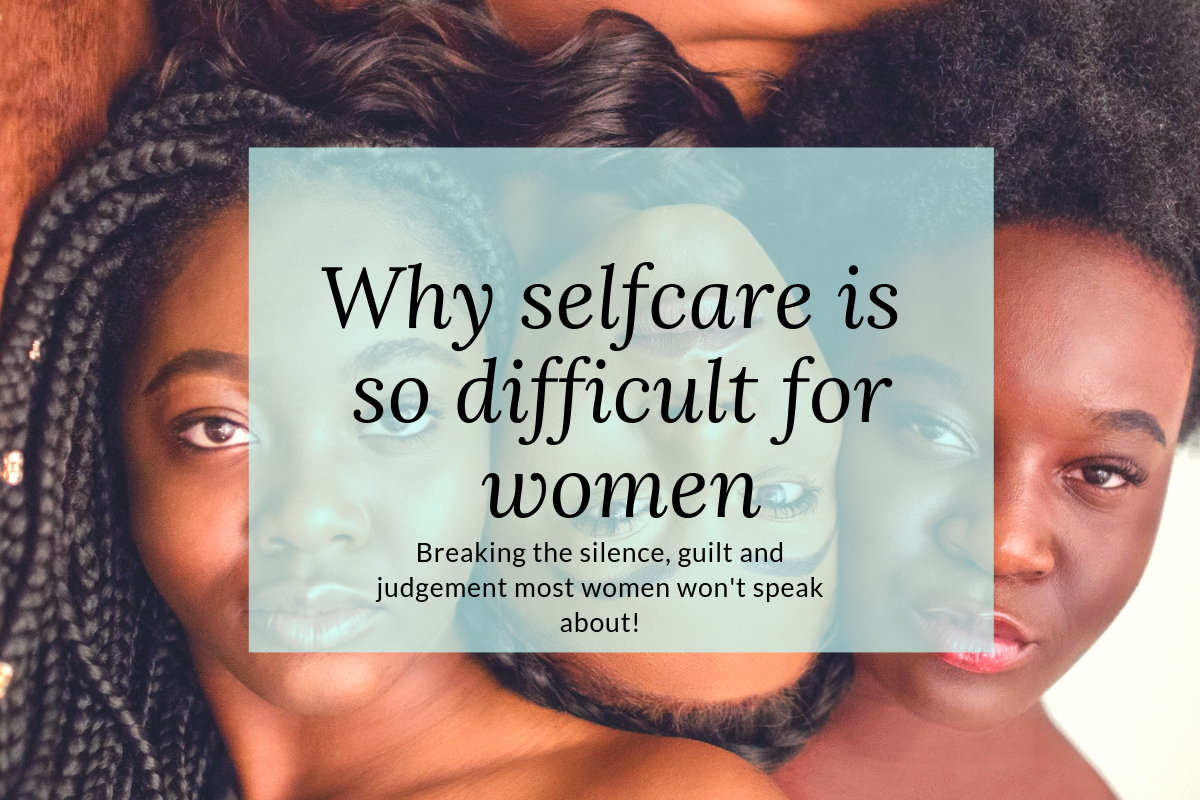When I began my own self-care journey, I honestly believed it was just about losing weight and eating healthy. I was trying to get a handle on a number of things in my life; chief amongst them was that helpless feeling of being overwhelmed by all the demands of family, dealing with the fallout from an emotionally abusive relationship and, a slew of “other things”.
Needless to say, I was reaching critical mass! I found myself constantly battling weight gain and feeling like I was being pulled in a thousand different directions. I was also stressed out working as a healthcare worker at an institution that was, and continues to be rife with toxic work environments and low employee morale.
I literally had days where I’d return from work so drained yet strangely wired and jumpy, unable to rest. I was that poor hamster spinning on a wheel going no where; feeling like I was being pulled in several different directions as I struggled to meet the demands of work, family and the expectations of other people (i.e. my traditional African culture, etc.).
I know how difficult it is to find time to actually practice self-care. Like most women around the globe, each day can be a constant balancing act between taking care of other people, their expectations and numerous obligations. There are few women in the real world who can say they are always able to make time for their self-care needs without the guilt or burden of trying to live up to the expectations of others (including society and culture). For every woman that has struggled to break free from the cycle of guilt around making time for their own self-care, needs, etc., it really is “all in your head”!
Yes, it can be a major challenge to find the time to self-care, especially if you’re spinning your wheels trying to meet the demands of the external without the necessary tools to do so successfully.
A bit of history about the self-care movement:
The self-care movement was birthed during the anti-war and civil rights movements. It has it’s origins in the medical arena as both physicians and academicians were looking at strategies to help mitigate the effects of high-stress work environments on healthcare workers. Later on, it transformed into a broader movement as it became politicized during the civil rights and women’s movements of the ’60s and ’70s.
Let’s be clear, doing for both family and community is something every human being should cultivate but that should not translate into self-neglect. I say this because historically, women have had to choose between their own self-care and the needs/demands of society and culture.
With that in mind here are a few quick tips to help you begin to break the cycle:
1. Start saying “NO”! I know it sounds easy, but I also know how difficult it is to do this when you have been conditioned and silenced by society for so long. Like most women, I put my needs, desires, and health far below that of family and other obligations. I also watched women in my family and lineage suffer the same fate. Experience has shown me that the only way to break the cycle is to start with the word “NO”.
Believe it or not, this one word contains a lot of power and has the effect of shaking up the status quo and activates a place in your core that has long been silent and ineffectual.
2. Know what it means to have boundaries and create them (if you don’t know). It starts with self-discovery and identifying what is in alignment with your inner self versus what is in violation of those core beliefs and or elements.
3. Stop asking permission to self-care. Again, sounds pretty straight forward but it will surprise you to discover how much resistance you will encounter when you begin to assert yourself and enforce your boundaries!
4. Take ownership of your entire self (i.e. self-acceptance) including the good, the bad and the ugly. After all, if you don’t accept yourself, you can not expect anyone else to do so either.
What you can expect on this journey:
As I mentioned earlier, be prepared for some push-back when you begin to use your voice and as you put your boundaries in place. That being said, the freedom and level of transformation are more than worth it!
What you will gain from this journey:
One of the most meaningful gains from this process is empowerment. Freedom from self-sabotage and servitude to other people’s expectations is no small accomplishment. Especially when it means regaining your power and ability to speak your truth without the fear of being judged or shamed into silence.


